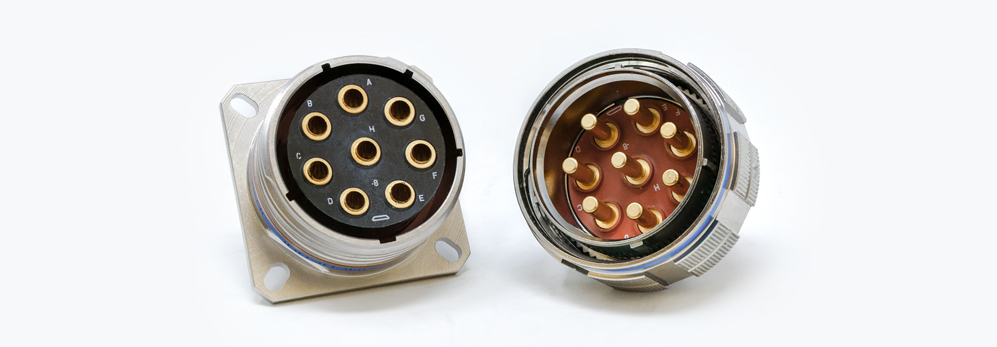Comparing Circular Connectors: MIL-Spec vs. Commercial Standards

Circular connectors are a staple in many industries, providing reliable connections in various applications. When selecting the right connector, it’s essential to understand the differences between military specification (MIL-Spec) connectors and those designed for commercial standards. Each type offers unique benefits, and the choice depends on the specific requirements of your application.
Understanding MIL-Spec Circular Connectors
MIL-Spec circular connectors are designed to meet stringent military standards, ensuring they perform reliably in the most demanding environments. These connectors are built to withstand extreme temperatures, vibrations, moisture, and other harsh conditions that are common in military and aerospace applications. Their robust construction and adherence to rigorous testing protocols make them ideal for critical missions where failure is not an option.
Advantages of Commercial Standard Circular Connectors
Commercial standard circular connectors, on the other hand, are typically designed for industrial, automotive, and consumer electronics applications. While they may not meet the exacting standards of MIL-Spec connectors, they offer a balance of performance, cost-effectiveness, and availability. These connectors are suitable for environments where extreme conditions are less likely, but reliability is still crucial. For those looking to explore various options in this category, circular connectors manufacturers offer a range of products tailored to commercial needs.
Key Differences Between MIL-Spec and Commercial Connectors
- Durability and Environmental Resistance: MIL-Spec connectors are built to higher standards of durability and environmental resistance, making them suitable for extreme conditions. Commercial connectors, while still robust, may not offer the same level of protection.
- Cost: Due to the stringent testing and specialized materials used in their construction, MIL-Spec connectors are generally more expensive than commercial standard connectors.
- Application Specificity: MIL-Spec connectors are often required in defense, aerospace, and other critical industries, while commercial connectors are more versatile and used across various sectors.
- Regulatory Compliance: MIL-Spec connectors must meet specific military standards (such as MIL-DTL-38999), whereas commercial connectors adhere to industry or manufacturer-specific standards.
Choosing the Right Connector for Your Application
When deciding between MIL-Spec and commercial circular connectors, consider the environment in which the connector will be used, the importance of durability and reliability, and the budget constraints of your project. In many cases, commercial connectors offer a more cost-effective solution without compromising on quality, while MIL-Spec connectors are essential for applications where failure is not an option.







